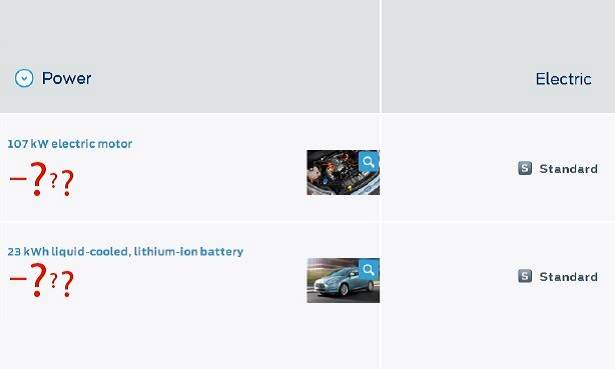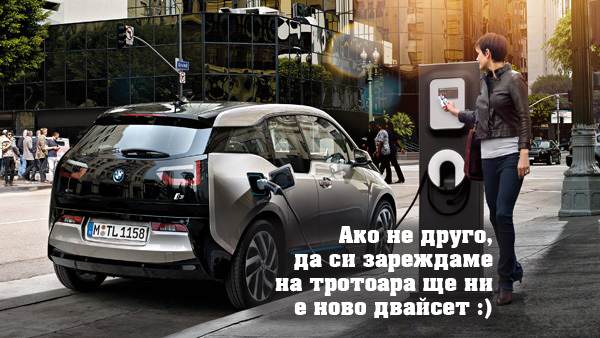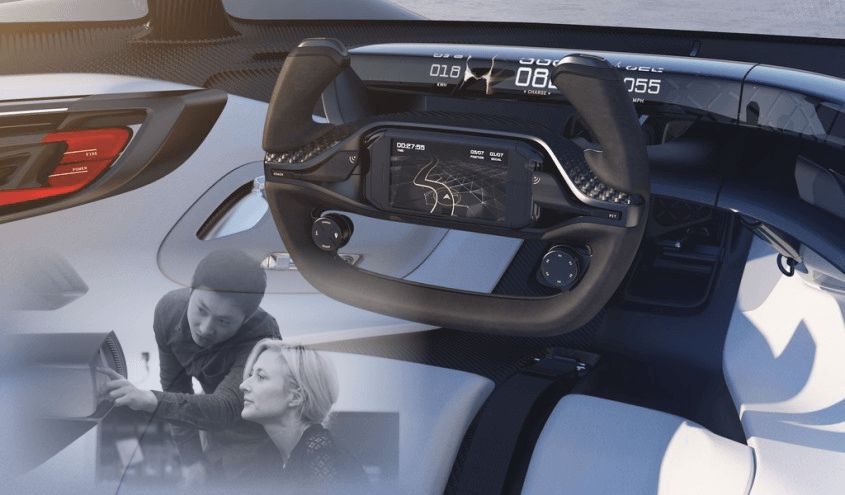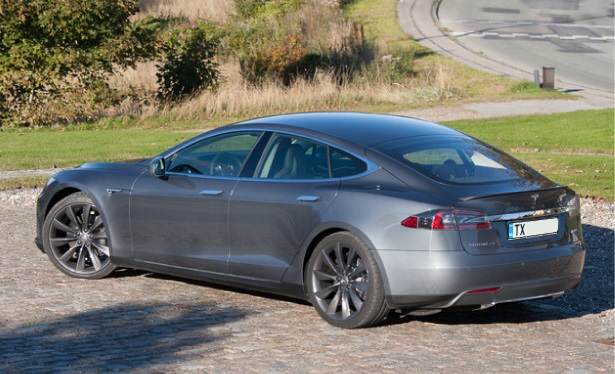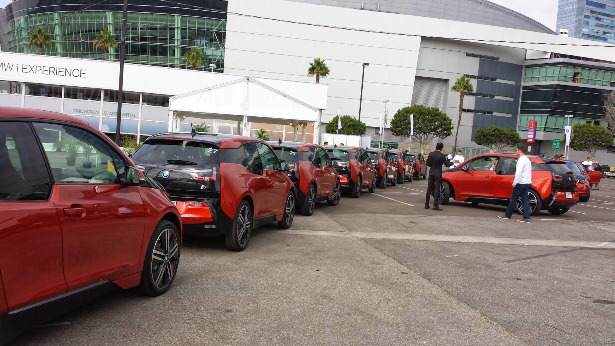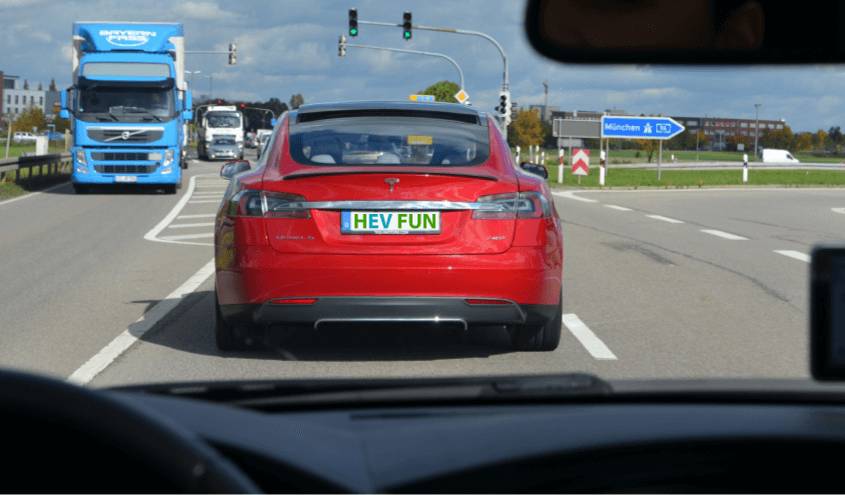In this blog: There's lots of engines to choose from so why not adding more batteries and electric motors as well?More EVs slowly come to the market, but save for Tesla Motors, no other auto maker offers different batteries on a given model. This needs to change soon as the "one battery for all" strategy doesn't seem to work very well...
When I drive our Renault Twizy around town the question people ask me the most is "How far do you go on a battery". The answer is easy – up to 80 km. OK, you could get as low as 50 km if you drive aggressively, and you could also (as the other Twizy owner Niki did) get up to 100 km. Why an easy answer? Because it only has one battery type.
When you're buying Twizy 80, there's three models to choose from. They only differ in accessories – the electric motor and the battery are all the same. The latter is also true for Renault ZOE, Nissan LEAF, BMW i3 etc. There's no motor and battery to choose from – all versions of a particular make/model come with a single powertrain setup. Again, the only difference is in the options.
And then there's Tesla Motors – the choise in getting Model S is also modest, but at least you get two different batteries (60 kWh and 85 kWh) and three power levels to choose from. There was a third 40 kWh battery, but it never made it to production due to low demand. So currently this (Tesla's offering) is closest to what we're used to get – plethora of engines and the respective fuel tanks.
One possible explanation of the "one battery for all" syndrom is that initially the big auto makers want to try and see how things are going. And because the batteries are still expensive, using bigger such would further inflate the prices. Which is not acceptable for the mass market.
It makes sense – if car like Nissan LEAF was €10,000 more expensive would you buy it?
The new kid on the block, BMW i3, however, is a different story. At least for now BMW is surprised by i3's super high demand (at least they say so) given the average price of around€50,000 in Europe. As with other auto makers though, based on preliminary expectations, BMW obviously decided on a single powertrain option. OK, there's the REx (Range Extended) version, but this particular blog is about electric power only.
By now we already know only Tesla Motors had the guts to offer multiple powertrains. The others obviously need more time. Actually a hint came recently from Nissan about 40 kWh LEAF, but that's likely to come in 2017 – two generations after the model went on sale in December 2010 (in USA).
So "Who's going to offer more batteries first after Tesla?" is a tough question to answer right now. Maybe it will be Nissan, maybe Renault or a german brand?!? The thing is, currently there's no such signals coming from the auto makers, but this is very important for electric mobility.
It's safe to say – "Hey, hold on, tech needs time." True and one day there will be battery options for sure. Until then we'll keep asking the title question and wait to see who's going to get after Tesla first.



